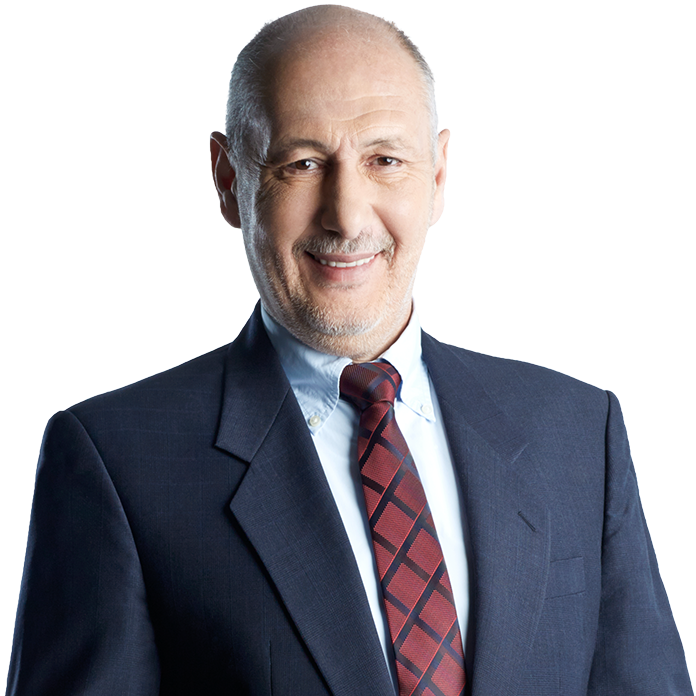The Nixon era in U.S. political history marks a significant turning point. This shift not only affects the United States but also has a global impact on developments. The tension between the United States and the Soviet Union, which intensified between 1945 and 1960 and brought the world to the brink of total destruction, began to be alleviated from this point on through the establishment of mutual dialogue mechanisms and the signing of numerous agreements. The elimination of McCarthyism and Stalinism also signifies this. The principles of détente and peaceful coexistence were mutually accepted. Nixon, elected in 1969 and governing the United States until 1974, represents one of the most important milestones in this process. But it is widely known that Kissinger and his teams are the true architects of this process. Strategic arms reduction agreements (SALT 1 and SALT 2), the end of the Vietnam War, and rapprochement with China are their achievements. The underlying idea behind these developments was to maintain competition within a balance without evolving into conflicts. In fact, this reflects a European mindset that can be traced back to Metternich. It's no coincidence that Kissinger's doctoral thesis was on Metternich.
These observations do not intend to praise the Nixon-Kissinger policy. Of course, the installation of pro-U.S. military dictators in Latin America, notably in Chile, and the widespread torture were also the work of these teams. What is meant by this is the continuation of the struggle between the two camps in a shared world; on the contrary, the elimination of the possibility of direct conflict.
However, another clique opposed to Kissinger was not happy with the situation. These were the neoconservatives, followers of the famous American political philosopher Leo Strauss, whose mentor was the Nazi thinker Carl Schmitt. Their main representatives, who gathered in Commentary magazine and organized especially in the Republican Party, were figures like Paul Wolfowitz, Richard Perle, Robert Kagan, Donald Rumsfeld, Daniel Pipes, Samuel Huntington, Francis Fukuyama. They persistently opposed Kissinger, claiming that the Soviet threat was increasing and that it needed to be countered vigorously.
With Nixon ousted due to the Watergate scandal and Gerald Ford taking over, the neocons gradually began to dominate the situation. Kissinger's teams were being sidelined. They celebrated the collapse of the Soviets in 1989 as their great victory. The marriage between neoconservatives and neoliberals was consummated in this climate. Their influence was felt not only on the right but also on the left. The Third Way formula of the social democratic parties and the liberal transformation of the left demonstrated how far-reaching this trend could be. Tony Blair and his successors eagerly joined the chain of Reagan, Bush, Thatcher, and Kohl.
But the scene also represented a vacuum. Neocons couldn't live without enemies. The enemy was finally found in the deserts and mountains of the Muslim world. This enemy could be seen concretely in places where it existed with state power, such as Iraq and Iran. The pro-U.S. dictators meticulously built by Kissinger teams were now at the end of the line. But that was not enough for the dominant system. Making the enemy invisible was a sharper and desired transformation. Finally, it was found. Actually, it would be more accurate to say it was constructed. The new enemy's name was "Islamic terrorism," the enemy of freedom, bloody, and relentless. 9/11 marked this change. There was no longer any obstacle to indoctrinating public opinion with this fear. On the one hand, the road to absolute global domination, regardless of any balance, was opened; on the other hand, various bitter economic prescriptions could be administered to the constantly frightened public with this syrup of fear.
This dominant global politics had internal and external problems. Productivity losses in central economies, rising costs, and attempts to compensate for these deficits with excessive financial inflations led to severe economic crises. Finally, the centralizing dynamic of productive forces and ultimately technology gaining centrifugal momentum and the emergence of a series of structures called the Global South today began to disrupt things. These were not processes that could be reversed or repaired. Following the dominance of the paleocons in the Republican Party and their move to the Democratic Party, the neocons, with their usual extremist characteristics, did not delay in seizing this crisis-ridden scene. They began to organize a major global confrontation by mobilizing their last remaining superiority in the military. For this, Russia was targeted again. I think the only thing that overlaps between the Kissinger school and the neocon school is this. The most disturbing issue for the West is the China-Russia alliance. Kissinger broke up this alliance. The neocons, by postponing the confrontation with China and targeting Russia, wanted to turn the tide. The difference is that the former did it to create a balance; the latter did it to deepen the imbalance. (Although it cannot be said that they were successful in this. Russia is now closer to China than ever before).
Global war now seems inevitable. Many circles seem to be relying on Trump's victory in the November elections for peace. They claim that he will end the Russia-Ukraine war. I'm not so sure anymore that Trump will win. If Trump wins, I think his job will be to withdraw the United States from the Ukrainian front, obscure its support, and make it indirect. He probably won't seek to end the war. The attacks from Europe to Asia, from Macron and Cameron's France and the United Kingdom, clearly demonstrate this. Even if the neocons lose the November elections, they seem determined to continue on the Neocon Europe path.




















